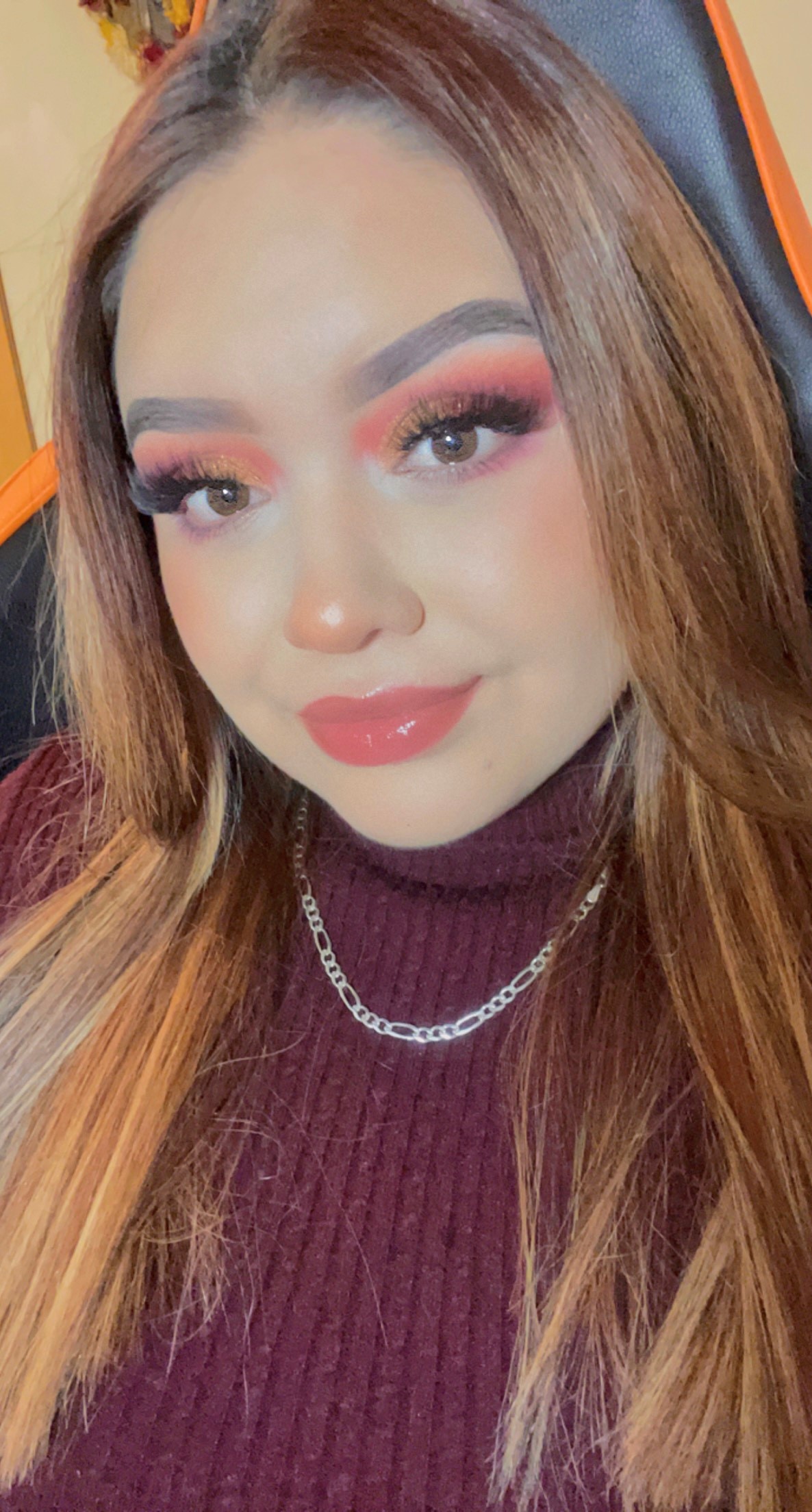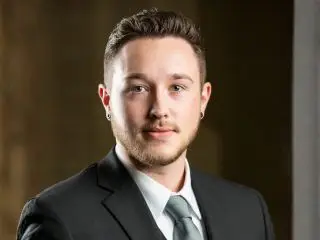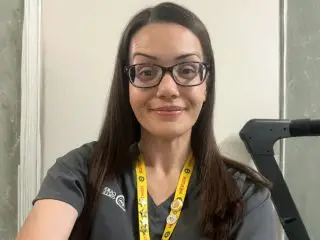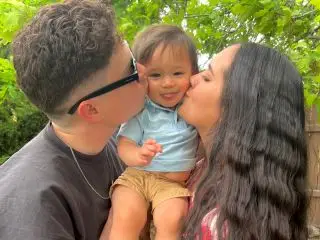 When Yuri Zapata Torres graduated from her Veterinary Assisting program at Carrington College Mesa she was already employed as a Veterinary Assistant at the same animal hospital where she did her externship. “Yuri was an extremely hard worker and is so humble,” says Ana Soto Aldaco, Veterinary Assisting Instructor. “She deserves to be recognized for her hard work and achievement. She was a student mentor for her class and took this role very seriously; she has a natural leadership quality. Yuri was an overall exemplary student.” With her background in caretaking, her ability to lead, and her great love of animals, Yuri is bound to excel in her career as a Veterinary Assistant.
When Yuri Zapata Torres graduated from her Veterinary Assisting program at Carrington College Mesa she was already employed as a Veterinary Assistant at the same animal hospital where she did her externship. “Yuri was an extremely hard worker and is so humble,” says Ana Soto Aldaco, Veterinary Assisting Instructor. “She deserves to be recognized for her hard work and achievement. She was a student mentor for her class and took this role very seriously; she has a natural leadership quality. Yuri was an overall exemplary student.” With her background in caretaking, her ability to lead, and her great love of animals, Yuri is bound to excel in her career as a Veterinary Assistant.
What did you do before you enrolled in the Veterinary Assisting program?
I was a Diet Aide and Activities Assistant in Citadel Post-Acute Nursing and Rehab center. As a Diet Aide, my duties included serving patients meals and making they were each getting the appropriate foods and textures for their diet. As an Activities Assistant, we had a daily activity calendar, and anyone could join us. Some of the things we organized were games like Skip Bo or Bingo, and creative activities, such as coloring pages and painting Christmas ornaments.
How did you know you wanted to become a vet assistant?
Ever since I was little, I have always loved animals, but when I enrolled for the VA program in EVIT (East Valley Institute for Technology) during high school, that’s when I knew this field was for me. We had class pets, though, which was fun: a tarantula, a Guinea pig, and a Ball Python. We were also able to bring our own pets into class, based on which chapter we were studying—so when we studied exotics, students would bring their exotic pets, and when we were studying farm animals, we had the opportunity to meet other students’ farm animals.
How did you find the program at Carrington College, and how did you know it was for you?
I found the Carrington Veterinary Assisting program through an ad on Instagram, and when I saw that the program was only (in as few as) nine months long, I knew it was perfect for me because of my busy work schedule.
What was your favorite part of the program?
My favorite part of the program was the hands-on learning. During the hands on, you don’t just practice with stuffed animals, but students get to bring in their pets to do live animal practice—this is so valuable because we get to experience how our actual work in the field will be. Also, I loved the way our instructor, Ana Soto-Aldaco, would take her time to make games as a way for us to study and get prepared for a final. She made learning fun.
What was the most challenging part of the program?
I think the most challenging part of the program was adapting to going back to school. When I was in school before, we had (physical) textbooks, but Carrington gave us eBooks; this made it a bit complicated for me at first, but once I played on my tablet a bit, I got to the point where I could use two screens at once—that made it a lot easier to study. It just took some time for me to adapt to that, but I managed to figure it out.
Where did you do your externship and what did you enjoy most about it?
I did my externship at Augusta Ranch Animal Hospital. I have always been interested in animal hospitals because you stay busy; there’s not a day that goes by without doing anything. I had very interesting days at my externship; I’d say one of my favorite days was when I was scheduled to join the surgery team. One particular surgery was on a dog whose tail wasn’t healing properly and was causing an infection, so the doctor had to amputate it. During surgery, the doctor took her time to teach me a couple of things and would ask me to hand her some equipment when it was needed. I was grateful for her, because in my opinion, no other doctor would have taken the time to teach an intern like that, and about how to keep the area sterile.
What would you tell someone who is just beginning their journey in this program to become a veterinary assistant? Any words of wisdom or encouragement?
When I was a class mentor at Carrington, I always told my classmates to never give up. The path might be rough, but with time and dedication during their studies for the exams, everything will be okay. I would also help them out when they weren’t understanding something and suggest them different ways to study if something wasn’t working for them. At the end of the day, you have to ask yourself, “How badly do you want this?”—and never give up on getting there.



